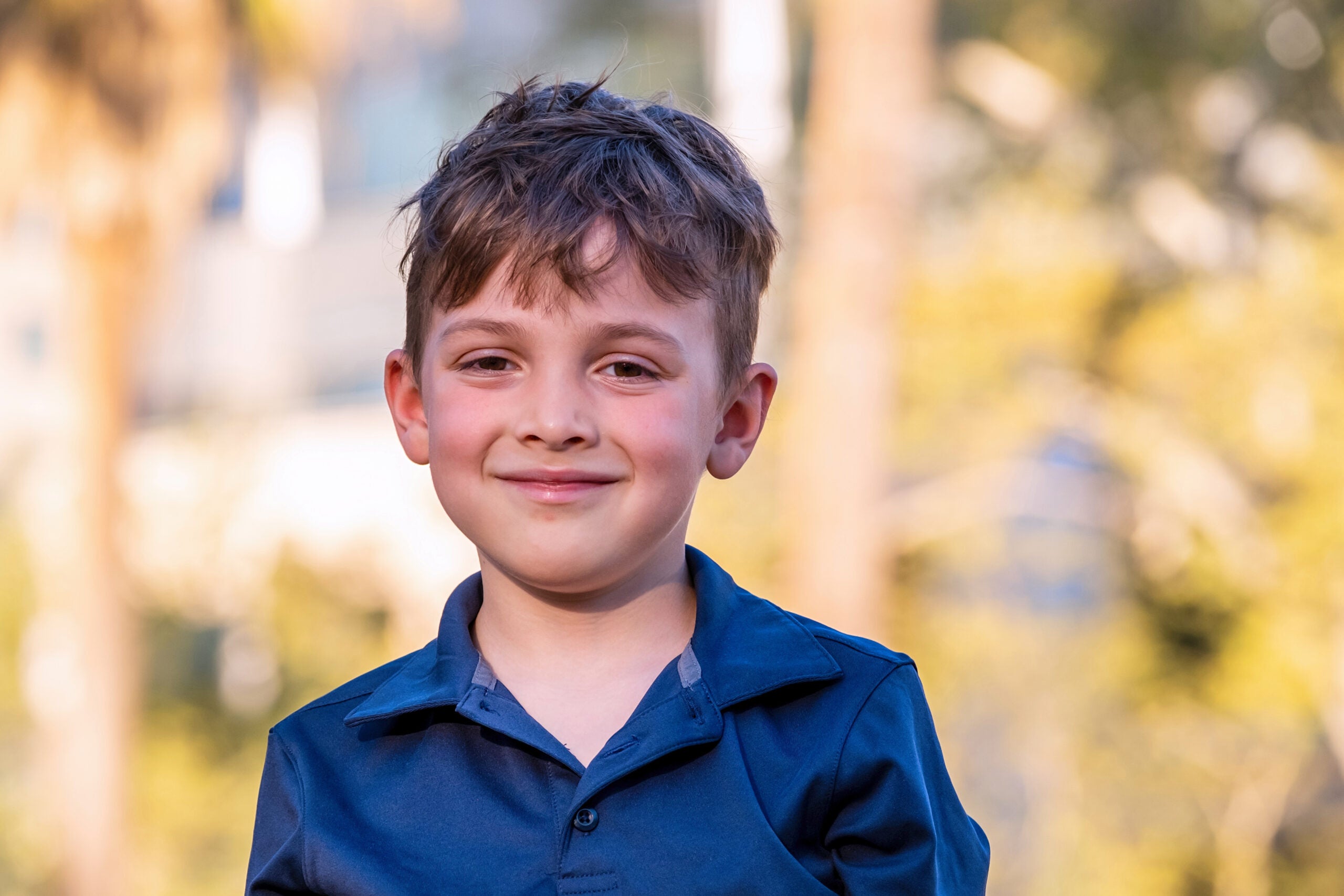Anxiety and depression are a common issue in teenagers across all genders, races and family income levels. All of that turmoil and uncertainty is affecting the mental health of Generation Z individuals (born between 1995 and 2010), with 70% of teenagers across genders, races and socioeconomic status reporting anxiety and depression as major problems among their peers, according to the Pew Research Center. Let’s talk about why.
Why does Generation Z have more anxiety and depression?
Technology (especially Smartphones) play a huge role from social media to the news. Gen Z has learned to a have voice on social media. An individual markets themselves often in grandiose ways with their photo filters, unrealistic body images, extravagant material things and the “perfect” boyfriend/girlfriend/family. It is natural to often have that fear of missing out. Jealousy creeps in and young individuals do not always have the knowledge or ability to live in the present and be happy with what they have been given. Even adults get sucked in. It is easier for the bullies to hide behind the screen making it easier and more common to cyber-bully.
Depending on the socioeconomic situation, some Gen Zers encounter issue-specific stress such as fears tied to housing instability, food availability and nutrition as well as debt.
Academics also top the list with 61% of teens feeling the pressure to achieve good grades which leads to getting into a college of choice. Social media plays into announcing what colleges students get into making this time even more anxious.
Easy and constant access to the media’s interpretation and reporting on news events leads to worrying about things that Gen Z usually does not have control over. The COVID-19 pandemic reporting is a good example. All of a sudden, we entered into uncertain times. The media and news in general turn grim situations hopeless. More than one-third of young adults ages 18 to 23—the older members of Gen Z—said that their mental health was worse right now than in 2019, according to APA’s Stress in America survey.
COVID-19 Pandemic and The Effect on Gen Z
Uncertainty. Isolation. Anxiety. More time on social media and video games. Depression.
These are COVID-19’s effect on Generation Z’s mental health through the destabilization of the economy, increase in deaths (some experiencing it for the first time as a Gen Z), disruption in education and changes in socialization. The media and new outlets emphasize negativity putting the fear in those of us especially without any medical knowledge. This pandemic was difficult for an adult to understand but a teenager or young adult has even more trouble comprehending it. When teenagers typically go to their parents for answers, they found their parents did not have answers either. Then, some found the radical changes in their education and social experiences detrimental. Parents had to juggle homeschooling and jobs. Some parents lost their jobs due to the pandemic. This creates stress and anxiety across all channels. As much as parents know they are not supposed to show stress in front of their child, sometimes this can be impossible when they are anxious too. Teachers reported seeing a loss of social skills over time.
While older Americans may be able to embrace “this, too, shall pass,” Gen Z adults (ages 18-23) are at a pivotal moment in their lives, and are entering adulthood when the future looks uncertain. Many are jazzed up to start a first job or a career after college when the job market has been turned upside down. Layoffs are happening in mass quantities and many companies do not know how to handle the major change to working from home. The Lancet reports rates of depression and anxiety rose by more than 25% in 2020, according to research. In the United States, depression climbed to nearly 33% in 2021 per a study at Boston University.
The pandemic was deemed a traumatic event for some individuals especially Generation Z. Adults need to be hyper-aware of children’s feelings during this time. Multiply the effects of the pandemic with any other traumatic event in a child’s life from changes at home, socialization with their friends or at school and it could be detrimental.
Seeking Help
Members of Generation Z are significantly more likely (27%) than other generations, including millennials (15%) and Gen Xers (13%), to report their mental health as fair or poor, according to a survey conducted on behalf of the American Psychological Association. Not surprisingly, America’s younger generations are also more likely to have received treatment or therapy from a mental health professional: 37% of Generation Z and 35% of millennials have reported doing so compared to just 26% of Gen Xers and 22% of baby boomers. Working with a mental health professional is becoming more “accepted” and less of a negative connotation in today’s world and especially with Gen Z. Resources are more prevalent and adults as well as kids are more open to talking about seeing a mental health provider.
Adults need to recognize that teenagers do not have fully developed brains until around 25 years old. Being more open about suicide and talking about solutions and working through their feelings is key. Adults need to find the support while raising a teenager and know the signs of anxiety and depression. Here is a list provided by the Anxiety & Depression Association of America (ADAA)
Also being aware of the signs of trauma are key in all ages (link to blog).
Gen Z’s reflections or points to ponder:
- They are the guinea pigs to this digital explosion of technology and social media. They are the first ones with this immediate access to anything at their fingertips.
- Diversity is a norm for them from multi-racial households, blurred gender roles, acceptance of various religious beliefs, sexual orientation and race.
- They are tagged as the “loneliest generation.” This is where we circle back to technology and mental health. Being sucked into the countless hours of the online world without social interaction has its consequences.
- Many Gen Zer’s grew up seeing the effects of The Great Recession of 2007 to 2009 so they might be more financially cautious. Think about how it might effect decisions in their lives.
If you are an adult or a teenager looking for some help with mental health concerns,
Visit http://www.samhsa.gov/treatment or call 1-800-662-HELP (4357). Your local health department’s mental health division or community mental health center provides free or low-cost treatment and services on a sliding scale.






